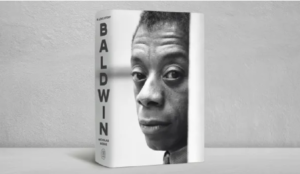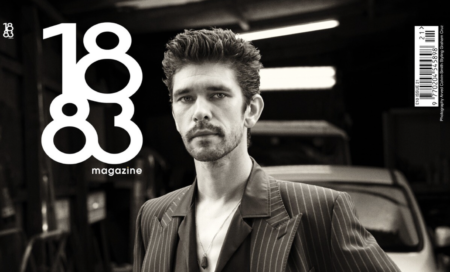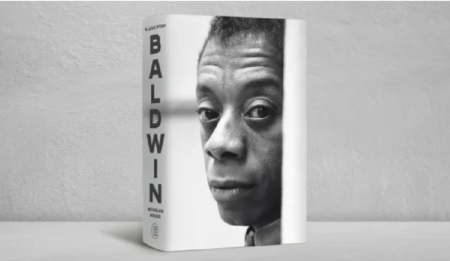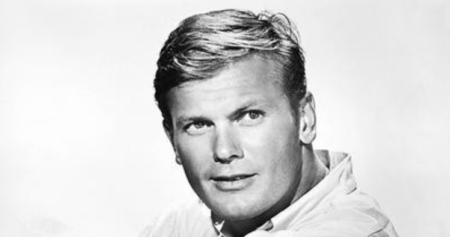At 50 years old, Chilean actor Pedro Pascal has transcended the typical markers of Hollywood stardom to become a global cultural phenomenon, eliciting interest and admiration far beyond his roles in blockbuster series such as The Mandalorian, Narcos, and The Last of Us. His appeal, experts suggest, lies not only in his undeniable charisma but in how he embodies a new model of masculinity that is empathetic, vulnerable, and politically engaged—an approach that contrasts markedly with traditional masculine ideals.
Specialists in gender and identity note that Pascal’s allure is driven by his ability to challenge and reframe masculinity. Valèrie May, an educator and sexual counsellor, explains that Pascal does not merely perform masculinity; rather, he quietly subverts the conventional paradigm by embracing traits historically coded as feminine—vulnerability, tenderness, and emotional openness—and rendering them attractive and erotic. This nuanced, multidimensional masculinity offers a fresh alternative to entrenched cultural models that often valorise dominance and emotional stoicism.
Further contextualising Pascal’s impact, academic Nerea Aresti highlights that he symbolizes a break from the masculinities promulgated by reactionary groups such as the manosphere or incel communities, which resist social progress and seek to preserve traditional male privilege. Instead, Pascal’s model is one of accessibility and respect, reflecting a broader societal demand for men who can express emotion without relinquishing strength.
Pascal’s resonance is also amplified by his personal history and political activism. Born in Chile and raised in the United States as the child of exiled parents, he carries the lived experience of migration and cultural hybridity. Importantly, he has been a vocal ally of the LGBTQ+ community, publicly supporting his sister Lux Pascal, a transgender actress and activist who has emerged as a prominent figure in Latin American transgender rights. This familial connection, combined with Pascal’s outspoken political stances—ranging from opposing the genocide in Gaza to condemning the rollback of LGBTQ+ rights and anti-immigration policies—enhances his image as a principled and empathetic public figure, committed to social justice.
Pascal’s activism has drawn sharp public attention, most notably through his ongoing conflict with author J.K. Rowling over transgender rights. In strongly criticising Rowling’s exclusionary positions, Pascal has positioned himself as a protective advocate for trans people, motivated by personal and familial ties. His unabashed commitment to these causes has confirmed his role not just as a celebrated actor but as a significant cultural voice advocating for inclusion and human rights.
Yet, while Pascal’s rise represents a broadening of cultural ideals for men, some specialists caution that this phenomenon is deeply gendered. Philosopher Carolina Meloni, reflecting on the limits of this cultural moment, observes that while a 50-year-old man like Pascal can be widely admired and unscathed by ageist scrutiny, a woman of the same age would likely face harsh symbolic and social marginalisation, especially amid cultural pressures surrounding ageing and menopause. This contrast underscores persistent inequities in how age and gender intersect within public perceptions of attractiveness and relevance.
Pedro Pascal’s story also includes elements of artistic passion and personal resilience. Originally a competitive swimmer in his youth, he turned to theatre after discovering a deep love for acting through literary classics. His late-blooming Hollywood success adds texture to his persona, moving beyond mere physical appeal to encompass depth, complexity, and cultural significance.
Ultimately, Pascal’s appeal represents a marked cultural shift, embodying a new masculinity that aligns with evolving global conversations on gender, identity, and social justice. His example suggests that public figures who combine vulnerability with principle, and personal history with political commitment, can resonate across demographics and borders.
Source: Noah Wire Services




















